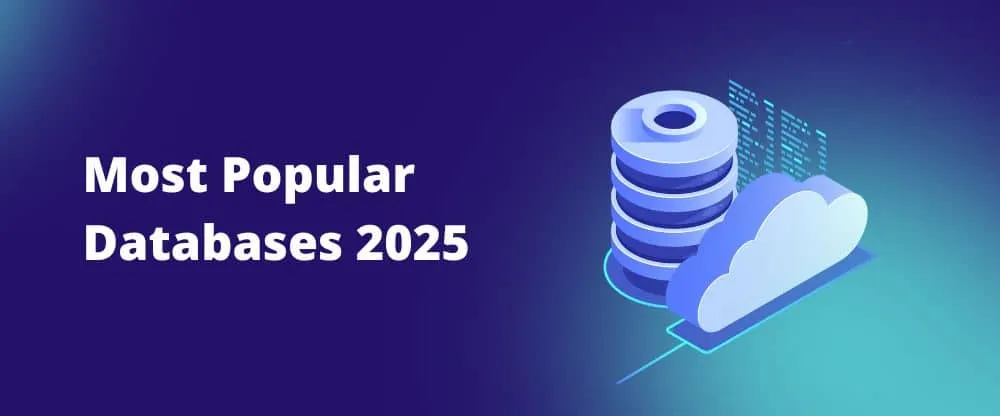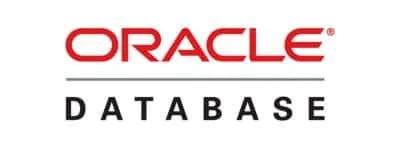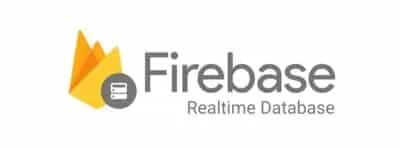



It’s 2025, and data is everywhere—powering apps, websites, and even the gadgets we use daily. Behind the scenes, databases are working hard to keep everything running smoothly, whether it’s helping your favorite streaming service suggest what to watch next or making sure your online orders arrive on time.
But not all databases are the same. Some have become the favorites because they’re faster, smarter, and can handle massive amounts of information without breaking a sweat. These are the databases that developers and businesses rely on every single day.
So, which ones are the most popular this year? Let’s take a look at the databases everyone’s talking about and why they’ve become the top choice for managing the world’s data.

Type: Relational Database
Overview: An open-source database that’s loved for its robustness and advanced capabilities. PostgreSQL is often the first choice for developers seeking a feature-rich relational database.
Why It’s Popular in 2025:
What Sets It Apart:
Its ability to handle structured and semi-structured data makes it ideal for hybrid-use cases like analytics and AI applications.

Type: NoSQL, Document-Oriented Database
Overview: MongoDB is the go-to database for unstructured and semi-structured data, offering flexibility and scalability for modern app development.
Why It’s Popular in 2025:
What Sets It Apart:
MongoDB excels at managing dynamic and rapidly evolving datasets, making it perfect for industries like retail, gaming, and social media.

Type: Cloud Data Warehouse
Overview: Snowflake remains a leader in cloud-native databases, offering unmatched performance for data analytics and warehousing.
Why It’s Popular in 2025:
What Sets It Apart:
Its focus on real-time analytics and seamless scalability makes it indispensable for data-driven decision-making in businesses.

Type: In-Memory Key-Value Store
Overview: Redis is known for its blazing-fast performance, making it the top choice for real-time applications and caching needs.
Why It’s Popular in 2025:
What Sets It Apart:
Redis is unmatched in speed, making it the backbone of apps needing instant responses, like gaming and recommendation engines.

Type: Serverless Data Warehouse
Overview: A fully managed, serverless database optimized for big data analytics and machine learning workloads.
Why It’s Popular in 2025:
What Sets It Apart:
BigQuery’s simplicity and power make it a top pick for enterprises looking to harness big data.

Type: Graph Database
Overview: Neo4j specializes in graph-based data storage, making it perfect for analyzing complex relationships and connections in data.
Why It’s Popular in 2025:
What Sets It Apart:
Its focus on relationship-driven insights and intuitive query language (Cypher) makes it indispensable for graph-based use cases.

Type: NoSQL, Column-Family Database
Overview: A distributed database designed for high availability and scalability, popular for applications needing uninterrupted performance.
Why It’s Popular in 2025:
What Sets It Apart:
Cassandra’s masterless design ensures unparalleled uptime and scalability for global deployments.

Type: Relational Database
Overview: A long-standing enterprise database solution that continues to evolve with AI and hybrid cloud capabilities.
Why It’s Popular in 2025:
What Sets It Apart:
Its enterprise-grade reliability and integration with the Microsoft ecosystem make it indispensable for large-scale systems.

Type: Search Engine / Analytics Database
Overview: Elasticsearch is a distributed search and analytics engine designed to handle large volumes of textual and numerical data.
Why It’s Popular in 2025:
What Sets It Apart:
Its unmatched speed and precision for full-text search make it essential for search-driven apps.

Type: Relational Database
Overview: Oracle remains a leader in enterprise databases, offering advanced transaction processing and security features.
Why It’s Popular in 2025:
What Sets It Apart:
Oracle’s enterprise-grade reliability and cutting-edge features keep it at the forefront for mission-critical applications.
Type: Relational Database
Overview: MySQL is one of the most widely used open-source relational databases globally. Known for its ease of use, it powers countless web applications and platforms.
Why It’s Popular in 2025:
What Sets It Apart:
MySQL’s lightweight architecture and broad compatibility with various platforms make it ideal for web-based applications like CMS platforms (e.g., WordPress).

Type: NoSQL, Cloud Database
Firebase Realtime Database is a cloud-hosted NoSQL solution by Google, designed for building real-time, collaborative apps like messaging platforms and live dashboards.
Why It’s Popular in 2025:
What Sets It Apart:
Its real-time syncing capabilities and mobile-first approach make it a top choice for fast-moving app development projects.
With these databases leading the charge in 2025, it’s not just about picking what’s popular—it’s about finding the one that truly fits your needs. Whether you’re running a website, building the next big web app, or diving into new database technologies, the right choice can be the difference between good and groundbreaking.
Databases might not always get the spotlight, but they’re the backbone of everything we rely on—from simple website databases to the complex systems driving modern web app development services. In 2025, database technologies have stepped up their game, delivering faster performance, smarter scalability, and real-time capabilities that are reshaping what’s possible.
But at the end of the day, it’s not just about picking the most popular database—it’s about finding the one that fits your goals and helps you build something extraordinary. Whether you’re managing data for a small website or developing a groundbreaking web app, the right database can make all the difference.
Ready to build powerful web apps or upgrade your website databases? Our team of experts specializes in web app development services and database solutions tailored to your needs. Contact us today to unlock the potential of your data and technology!
Are You Prepared for Digital Transformation?
Web Development Blog
Test Driven Development (TDD) is a programming practice which enables developers to write code only if an automated test has failed thereby avoiding duplication of the code.
Web Development Blog
Vue.js is a progressive JavaScript framework that is used to build the user interface of modern applications without using a lot of resources. Vue.js mainly focus on the view layer, which enables developers to integrate it into the existing projects without any hassle. Vue.js is a perfect choice for building single-page applications (SPA).
Web Development Blog
If you are a developer working in a team, then you must realize how difficult and frustrating it becomes when it comes to file sharing. No matter how hard you try for effective collaboration within the team but the fact is that the things become chaotic when there is no version control system.